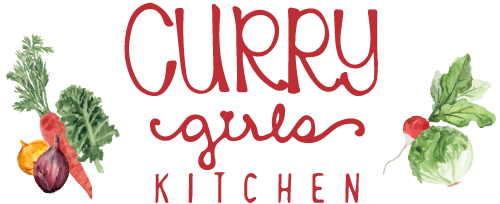In a world fueled by the aromatic embrace of coffee, the term “coffee addicts” has become more than just a colloquial expression. For many, the daily ritual of sipping a cup of coffee transcends mere enjoyment; it’s a necessity deeply ingrained in routines across the United States and beyond. In this extensive guide, we delve into the world of caffeine intake, withdrawal symptoms, and the nuances of caffeine addiction.
Understanding Caffeine Addiction:
Caffeine is a Stimulant: Let’s start with the basics. Caffeine, the magic ingredient in your daily cup of coffee, is a stimulant. It works by blocking the action of a neurotransmitter called adenosine, promoting alertness and temporarily warding off drowsiness.
Cup of Coffee: That comforting cup of coffee isn’t just a beverage; it’s a delivery system for caffeine, the stimulant that has ingrained itself into the daily lives of coffee addicts.
Caffeine Intake Across the United States:
In the United States, the love affair with coffee is evident in the staggering statistics. According to various studies, over 50% of Americans over the age of 18 consume coffee daily, with the average adult consuming around 200 mg of caffeine per day.
Side Effects: While moderate caffeine intake is generally considered safe for most people, exceeding recommended limits can lead to side effects such as insomnia, jitteriness, and increased heart rate.
The Dark Side of Coffee Addiction:
Caffeine Withdrawal: For coffee addicts attempting to break free from the clutches of caffeine, the term “caffeine withdrawal” becomes a familiar foe. Going cold turkey on caffeine can trigger a cascade of withdrawal symptoms, including headaches, fatigue, irritability, and difficulty concentrating.
Understanding Caffeine Withdrawal:
Caffeine Withdrawal : When a coffee addict abruptly reduces or eliminates caffeine intake, the body reacts, leading to caffeine withdrawal. The severity and duration of withdrawal symptoms vary among individuals and are influenced by factors such as the level of caffeine dependence and overall health.
Strategies for Managing Caffeine Withdrawal:
For those brave enough to face caffeine withdrawal head-on, there are strategies to ease the transition. Gradual reduction, staying hydrated, and engaging in light exercise are some approaches to mitigate the intensity of withdrawal symptoms.
To gain a deeper understanding of caffeine addiction, withdrawal, and strategies for managing caffeine intake, explore these reputable sources:
- Mayo Clinic’s Insights on Caffeine Addiction
- Cleveland Clinic on Caffeine Withdrawal
- Dr. Mark Hyman’s Article on Caffeine’s Impact on Health
The Role of Herbs in Caffeine Withdrawal:
While herbs may not directly address caffeine addiction, certain herbal remedies can assist in managing withdrawal symptoms and supporting overall well-being during the transition. Adaptogenic herbs like ashwagandha and holy basil may help the body adapt to stress, including the stress associated with caffeine withdrawal.
Frequently Asked Questions
How much caffeine is considered safe for daily consumption?
According to health guidelines, moderate caffeine intake is generally considered safe for most adults, equating to about 200 to 400 mg per day. However, individual sensitivity to caffeine varies, and factors such as age, weight, and overall health should be considered.
What are the common symptoms of caffeine withdrawal?
Caffeine withdrawal symptoms can include headaches, fatigue, irritability, difficulty concentrating, and low mood. These symptoms typically peak within the first few days of caffeine reduction and gradually subside.
Can herbal teas help with caffeine withdrawal symptoms?
Yes, certain herbal teas like chamomile, peppermint, and ginger can be soothing and may help alleviate some symptoms of caffeine withdrawal. However, it’s essential to stay hydrated with non-caffeinated beverages during this process.
How long do caffeine withdrawal symptoms last?
The duration of caffeine withdrawal symptoms varies among individuals. In general, symptoms may peak within the first 24 to 48 hours and gradually improve over the course of a week or more.
Can herbal supplements aid in reducing caffeine dependence?
While herbal supplements may support overall well-being during the process, there’s no magic remedy for breaking caffeine dependence. Gradual reduction, staying hydrated, and adopting healthy habits are key strategies for success.
Is it possible to enjoy coffee without becoming addicted to caffeine?
Yes, many people enjoy coffee in moderation without developing a caffeine addiction. It’s essential to be mindful of your overall caffeine intake and listen to your body’s signals to avoid dependence.

